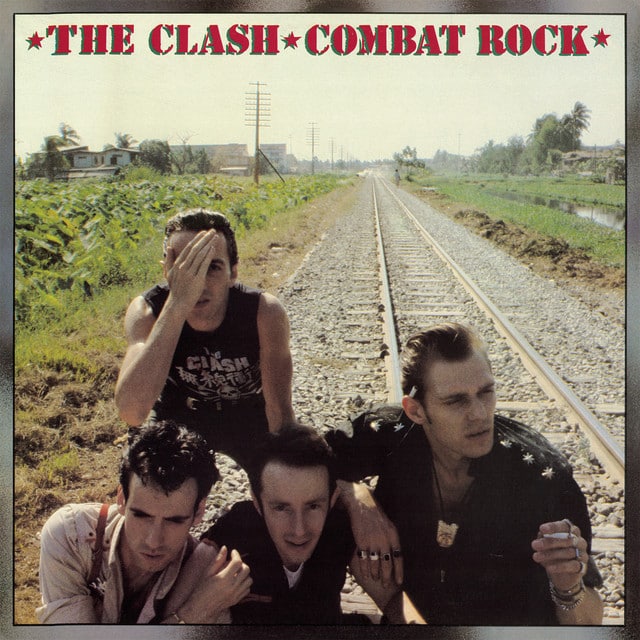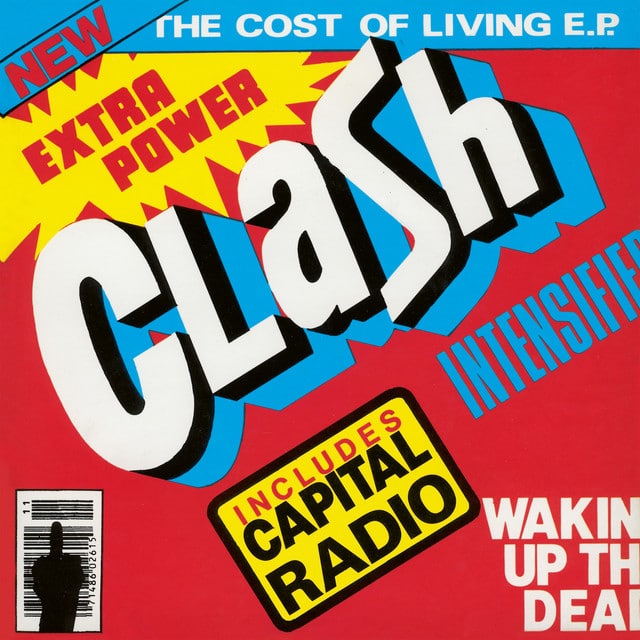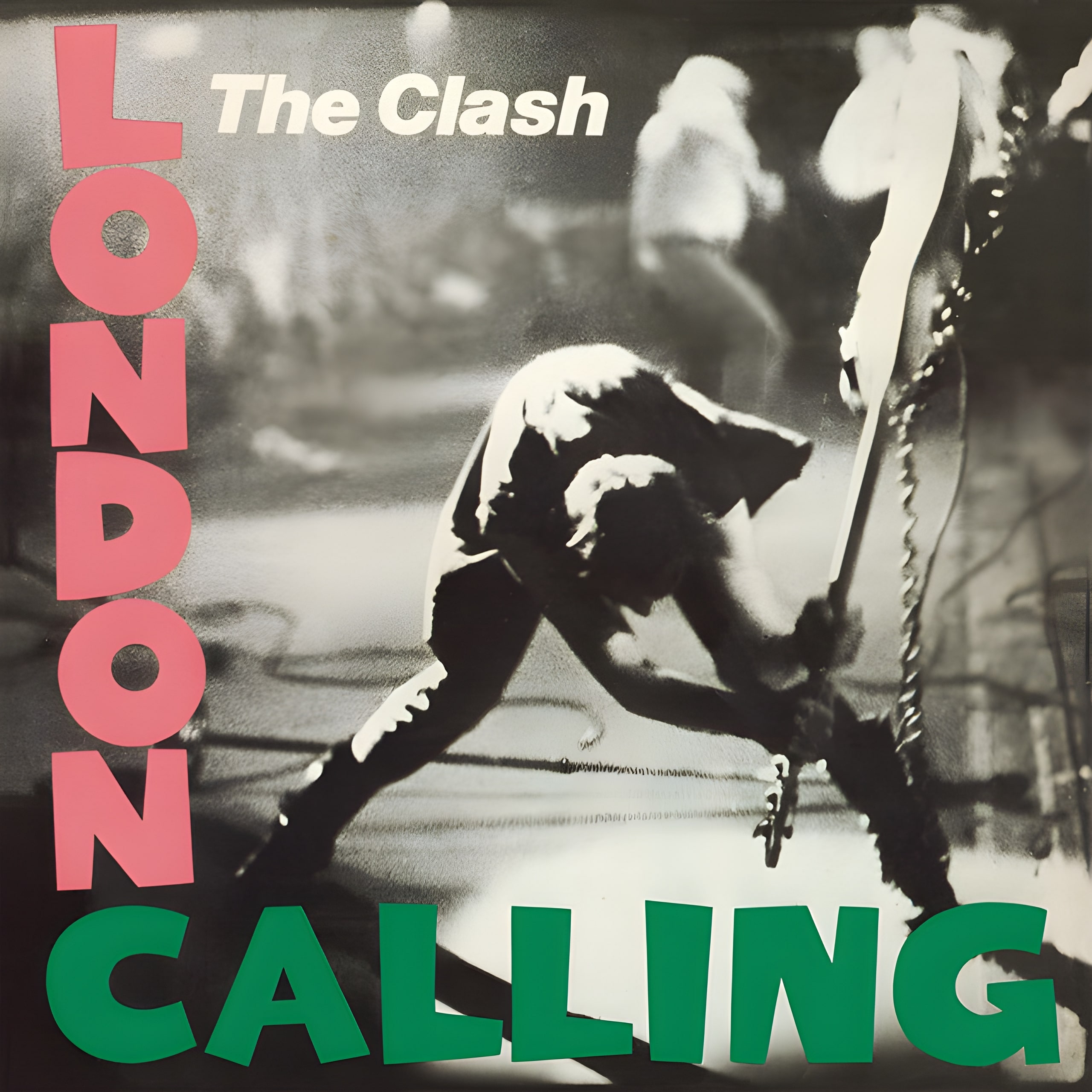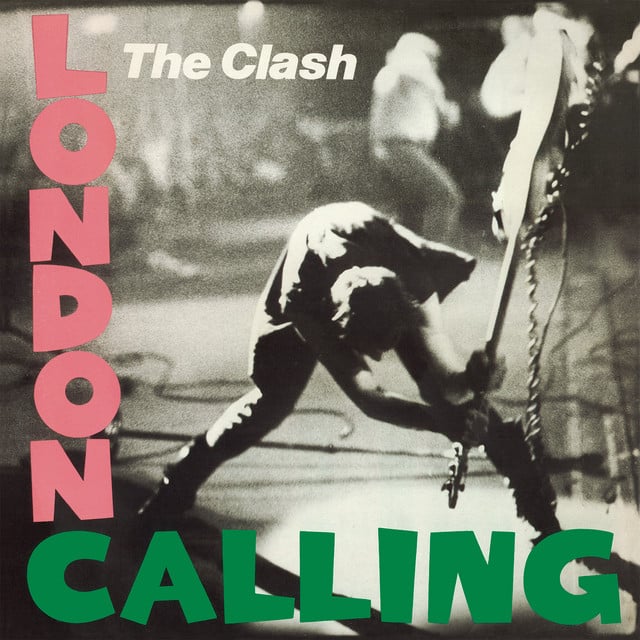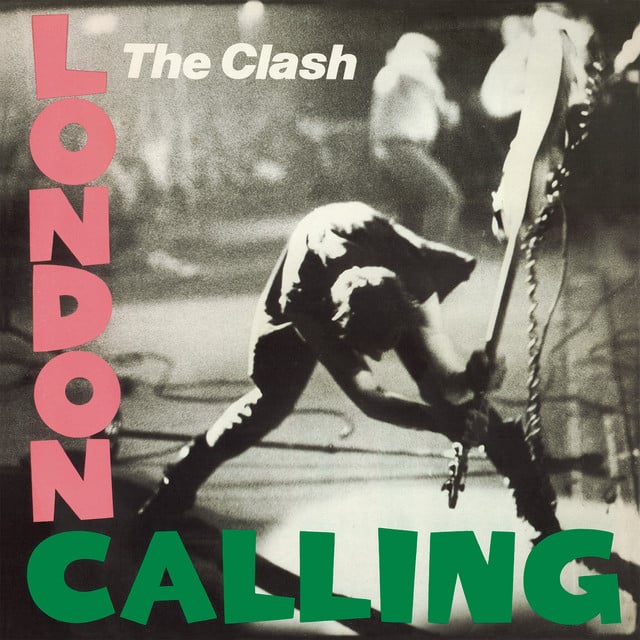Released: 1982
“Rock the Casbah” by The Clash is a defiant anthem that straddles the line between political commentary and pure, unadulterated rock rebellion. At its core, this song is a narrative about music’s power to challenge authority and the clash (pun intended) between conservative forces and the liberating influence of rock and roll.
The opening lines set the stage in a Middle Eastern setting where the king directly confronts the “boogie man,” a metaphor for the Western influence of rock music, instructing him to let the traditional “raga” music drop. Here, “raga” represents the conventional, while the “boogie” symbolizes the new wave of rock that’s shaking up the status quo, literally “shaking to the top” the oil-rich desert regions. The imagery of the Sheik driving a Cadillac and the muezzin standing on a radiator grille combines modern Western luxuries and traditional roles, underscoring the cultural collision at play.
The chorus, “Sharif don’t like it, Rockin’ the Casbah,” is a defiant chant against the Sharif’s orders, representing authority figures who attempt to suppress rock music. “Rock the Casbah” becomes a rallying cry for resistance against censorship and suppression of freedom. The repetition of this line throughout the song serves to underline the persistent and pervasive nature of music as a form of rebellion.
The narrative progresses with the “Prophet” banning the boogie sound, deemed to “degenerate the faithful.” This introduces a theme of music being seen as a threat to religious and moral order. However, the local musicians, including a Bedouin with an “electric camel drum” and a guitar player, defiantly continue their craft, symbolizing the undying spirit of rock and its power to bring people together, even in the face of oppression. Their music fills the square as soon as the Sharif’s back is turned, illustrating the clandestine nature of cultural resistance.
The scene shifts to the temple, contrasting the traditional “chanting thing” with the “crazy Casbah jive,” again highlighting the conflict between old and new. The “wind changed direction,” perhaps a metaphor for societal change, ignites the crowd’s passion for this new sound, even as it faces opposition from the likes of the Sharif and the establishment.
The final verses see the King calling up jet fighters to “drop bombs between the Minarets / Down the Casbah way,” a dramatic escalation showing the lengths to which the establishment will go to quash this cultural uprising. Yet, even the jet pilots, once “outta their hair,” tune into the music they were sent to silence, showing the infectious appeal of rock and its ability to transcend boundaries and unite different factions.
In “Rock the Casbah,” The Clash delivers a powerful message about the universal language of music and its inherent resistance to oppression. Through vivid storytelling and iconic phrases, they capture the essence of rock as a force for freedom, challenging societal norms, and sparking a fire in the hearts of listeners around the globe. Despite facing “fundamentally” conservative opposition, the spirit of rock, much like the song itself, is indomitable, resonating with anyone who’s ever felt the urge to rebel against the status quo.
